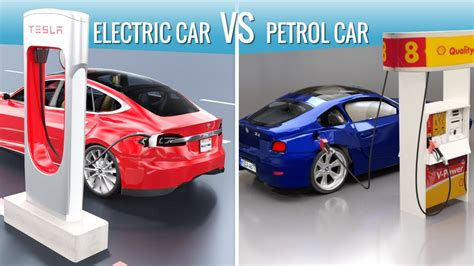June 20, 2023
Forbes Advisor reported earlier this month that the federal government is exploring creating a digital currency for the country, a central bank digital currency, or CBDC. Treasury Secretary Janet Yellen has promoted the idea by saying that digital dollars could help lower transaction costs and support faster payments in the country.
The Club for Growth referenced a recent poll by the Cato Institute that said that only 28% of Americans were aware of CBDCs, or the digital currency idea.
“The U.S. is a latecomer to the CBDC party,” Forbes reported. “China’s digital yuan pilot program is being used to pay salaries today, while the Bahamas’ Sand Dollar is legal tender in the Caribbean nation. Australia, Thailand, Brazil, India, South Korea and Russia are running or preparing to launch CBDC projects.”
Last year, Reuters reported that the Federal Reserve of New York announced that big banks and the New York Fed are testing digital dollars in a 12-week pilot program. Some of those participating are: Citigroup, HSBC, Mastercard, and Wells Fargo.
Forbes explained how digital currency would work: “In nearly every country, the vast majority of money is held in the form of electronic bank records. People can withdraw money from such computerized accounts as physical cash. What differentiates a digital currency is that it only exists as an electronic record, unavailable as coins or banknotes.”
The advantages are being trumpeted. CBDCs are quick and easy. Digital dollars give us a cashless society, and you have no loose change lying around or bills in your wallet.
However, while Yellen and others might like this idea, not everyone thinks digital money is great. Some think that CBDCs give the government too much control over how people spend their money, like what kinds of things they are buying, and from whom.
The government could exercise total control over our lives by controlling our money. And, ultimately, close our bank accounts whenever and for what ever reason it wants to. No doubt that last part will be denied. But the option will still exist.
An example of this occurred in Canada. During the pandemic Canadian truckers were told to be double vaccinated or they couldn’t work. Those that didn’t comply found the government had closed their bank accounts.
The Forbes article dealt with things that worry opponents of digital currency. One concern is the potential for the power of central banks to increase, particularly on such things as credit allocation. They could also restrict savings and spending, implement negative interest rates, and establish automatic tax collection.
And, it would allow government to keep an eye on our financial transactions, and control who has access to the currency. On that note, any American who uses a debit card can already have their payments tracked, said Adam Jordan, director of investments for Paul R. Ried Financial Group. “The concern about privacy is a real one, but only if a government went so far as to try to eliminate physical currencies,” he said. “The government already has the ability to track all our digital electronic payments.”
And, Forbes reported that the Biden administration has said if the U.S. goes with a CBDC, it should “expand equitable access to the financial system, preserve the role of physical cash, and only collect data that is strictly necessary.” Well, it sounds good.
More than 100 countries are looking at using CBDCs, and Forbes said that they represent more than 95 percent of global GDP. The Bahamas issued the Sand Dollar in 2020. DCash was rolled out in the Eastern Caribbean in late 2020. Nigeria followed about a year later, becoming the first African country to implement a CBDC, called the eNaira. And, China has been involved with digital currency since 2020. The article added that some U.S. central banks already have versions of digital currencies.
“The digital dollar is one of the greatest threats to your financial freedom and privacy,” the Club for Growth said. “It gives the government complete control over your bank account. And that power, especially in the wrong hands, will be a nightmare for the American people.”
The Club then cited examples of how the information the government has could be used against us. If you use to much carbon in a month, your transactions might be limited. Or, if you voice the wrong political opinion, your bank account could be frozen. Support your favorite charity, and if it’s not on the approved list, your credit access could be denied.
Our government already exercises an enormous degree of control over us. Much of this control is the product of bureaucracy, which creates rules that serve the bureaucracy’s desires for power, but have not been approved by Congress. And Congress has allowed this to continue. These rules really serve to restrict much of the freedoms that we once had.
Our nation was established on the concept of federalism, which has a federal government, but leaves much power in the hands of the states. That system is being euthanized, little by little. Implementing a system of digital currency controlled by the federal government has great negative potential. That system will need strong safeguards. Maybe we should just leave things as they are.




